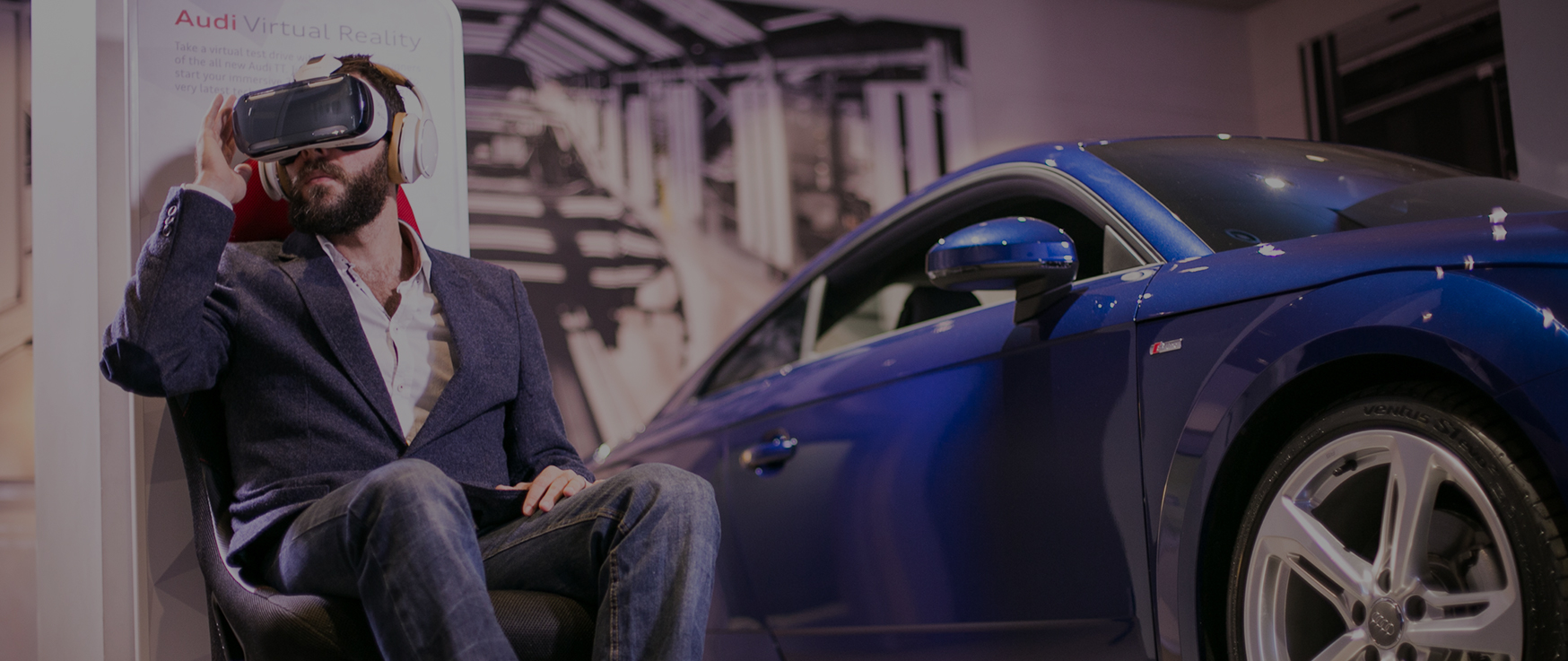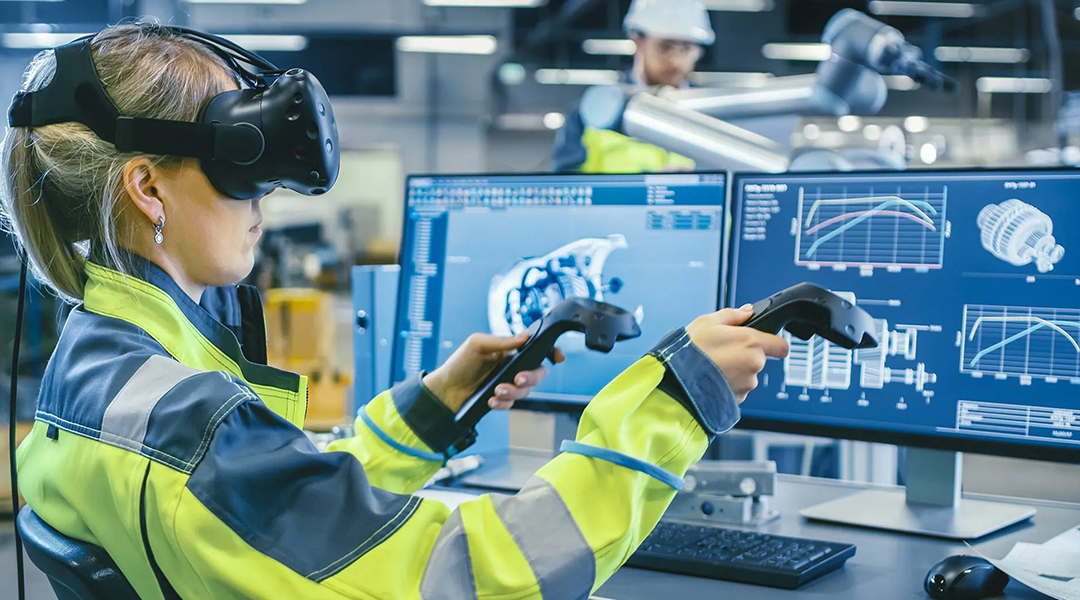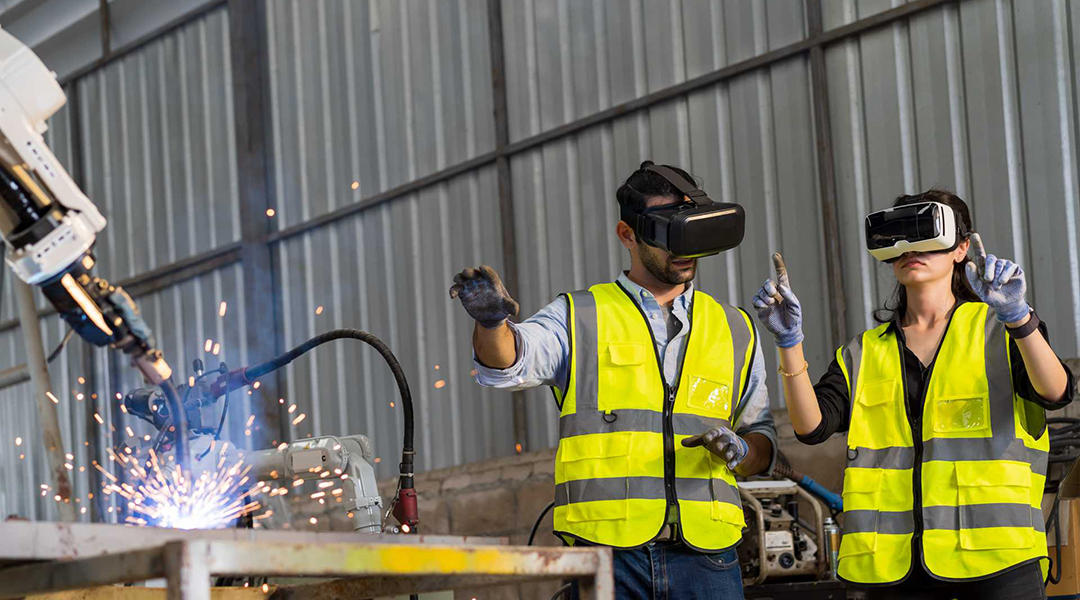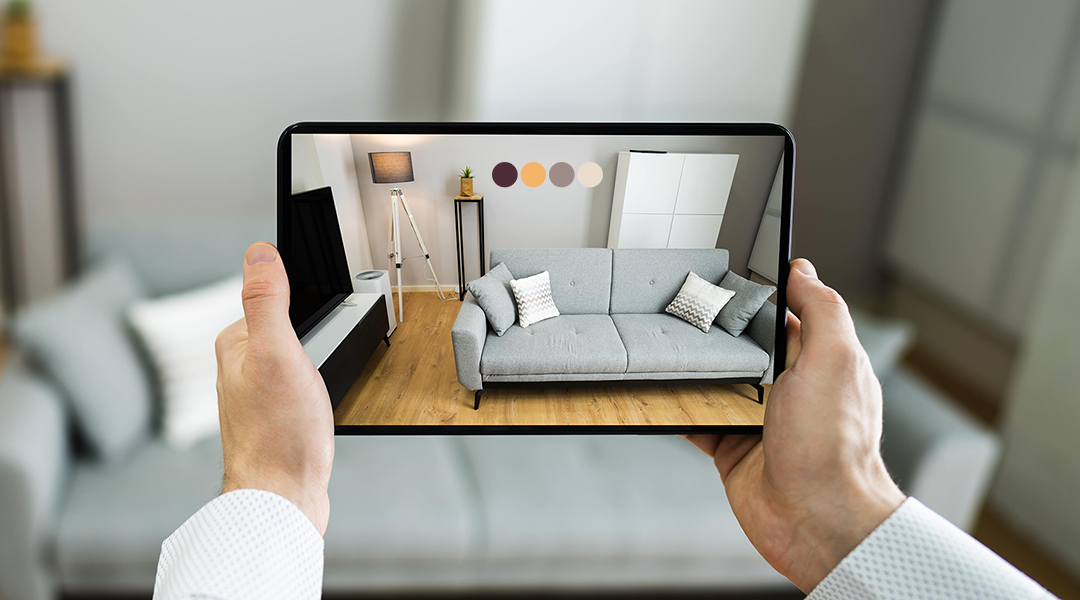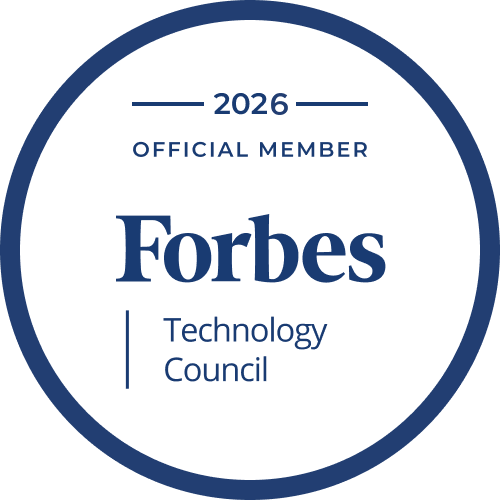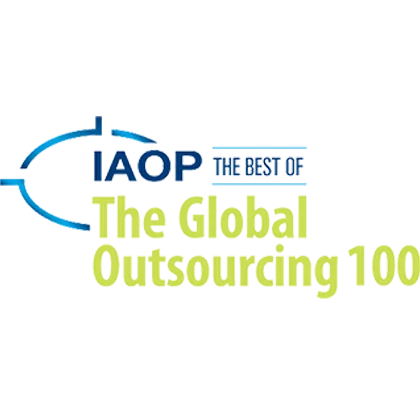In the same way that the advent of the Internet radically increased business efficiency, virtual reality development services technologies are already revealing their potential to positively transform how we produce, communicate, and market both goods and services. The diverse applications of VR technology mean that innovators will continue to revolutionize how specific industries function, as well as reorient how we, as social beings, are able to organize and communicate in virtual spaces. The following trends reveal just the beginning of how virtual reality technologies will impact the business sector in the coming years.
VR in Automotive
From design and testing to sales, virtual reality is already positively impacting the automotive industry. Car engineers can now save millions in production costs by designing models using virtual reality. Using advanced VR simulators, they can accurately gauge the functionality and efficiency of proposed models in order to choose which should move on to physical production. VR will also keep us safer by augmenting current safety tests with virtual simulations that can mimic situations difficult to replicate in typical, kinetic testing scenarios. The millions saved through virtual reality could be reinvested to help find more energy-effective and climate-friendly automotive technologies.
More relevant for consumers, however, is how virtual reality will simplify the comically difficult car buying process. Instead of wandering through lots and comparing ever similar models, very soon customers will be able to use a virtual reality device to explore and test drive all the options. This means that car dealerships no longer need to be delegated to strip malls and cities’ edges. Instead, buying a car can be as simple as walking up to a booth in the mall and asking to view their full lineup of current and former vehicles. The days of dreading a visit to car salesmen will soon be replaced by a slick, engaging, — and frankly — entertaining experience.

VR in Real Estate
According to IBISWorld, an Australian company focusing on market research, the worldwide real estate industry accounts for nearly $3 trillion every year. Beyond its obvious financial clout, it is also a sector that is vitally relevant for the majority of consumers. Traditionally, purchasing a house or commercial property has been a painstaking process that requires the buyer to travel extensively at his/her own expense. Developments in VR technology, however, are already simplifying and expediting the decades-old model.
Instead of physically visiting every possible property, potential buyers can now use VR to explore every nook and cranny before committing an entire day to travel and logistics. In effect, realtors could provide online compendiums of properties, through which the buyer could virtually walk-through at their convenience. If one seemed perfect, they could still plan a traditional house viewing to confirm that everything is just right.
VR technology also has significant ramifications for long-distance property deals. In the last twenty years, it has become a common trend for wealthy elites - primarily in the Asian Pacific - to buy apartments on the west coast of the United States and Canada. Traditionally, they have been forced to trust uninformative pictures or invest time and resources to see them personally. Continuing advances in VR technology will greatly facilitate international real estate by allowing such elites to shop the market and make informed purchases from the convenience of their home country.
VR and Tourism
The tourism industry is slated to benefit greatly from the possibilities offered by virtual reality. The process of planning a vacation today is a combination of guesswork and informed risk; many individuals still heavily rely on personal accounts from friends and family when booking lodgings or choosing locales. The rise of cheap media has granted customers the ability to view photos of hotels and city neighborhoods; for many weary travelers, however, there’s a fear that these representations are cropped and positioned so that even dingy dirt holes looks like 5-star penthouses.
Virtual reality, however, allows potential customers to walk through the actual hotel rooms and neighborhoods from the security of their couch. The assurance and clarity offered by the new technology afford customers the confidence to spend as they know exactly what they will receive.
The technology also bodes well for tourist spots that may be beautiful but have not yet earned the requisite name recognition. Imagine for a second, a VR app that is loaded with thousands of cities and getaways, which the user can freely explore. Potential customers, equipped with a VR device, could literally jump from continent to continent, from Tahiti’s sandy beaches to Belgrade’s hip back streets, searching for their perfect getaway. Consumers would be free from travel agent’s incentives and tour guide’s beaten tracks, and thus able to find their true dream vacation - assured by the knowledge that it will be exactly as they had hoped.
VR and Corporate Virtual Spaces
Technology has allowed men to instantly teleport their ideas, voice, likeness, and words anywhere in the world. Yet the sum of these parts has failed to produce the elusive but vital quality of “presence.” Contract negotiations and initial job interviews can be conducted via the Internet, but neither party feels completely assured until they meet in person. How then, do technology developers create an authentic presence via telecommunication?
VR technologies have the potential to provide a solution to the issue of inadequate telepresence by providing an immersive platform that captures the full dynamic, expressive nature of human interaction. Recent advancements in the technology have allowed participants to express and view each other’s gesticulations and facial features in a 3D manner. These forms of nonverbal communication are integral to our experience of authentic presence, which in turn allows us to accurately invoke emotions of trust, doubt, and camaraderie - cornerstones of communication, deal-making, and partnership formation.
If VR is able to adequately resolve the dilemma of telepresence, then the ramifications could be profound. Online communication has already increased corporate efficiency but has done so by introducing a change in scale, by speeding up traditional modes of communication. VR allows revolutionizing entire systems of a corporate organization by introducing a shift in kind. This shift in kind offers the creation of virtual, corporate spaces that are made significant through impressionable presences, which allow businesses to completely eliminate the parameter of space from logistics and management.
Invest Now in VR or Risk Being Left Behind
These trends represent just the beginning of what virtual reality will offer us. At its root, VR renders the parameters of space and substance immaterial, allowing businesses to re-conceptualize age-old models of production and management. As such, if corporations wish to remain competitive in the changing market, they must be willing to invest time and resources into developing and utilizing virtual reality technologies. For those companies outside of the IT sphere, this may require forming partnerships with leaders in the field, such as Program-Ace, to facilitate these developments.
